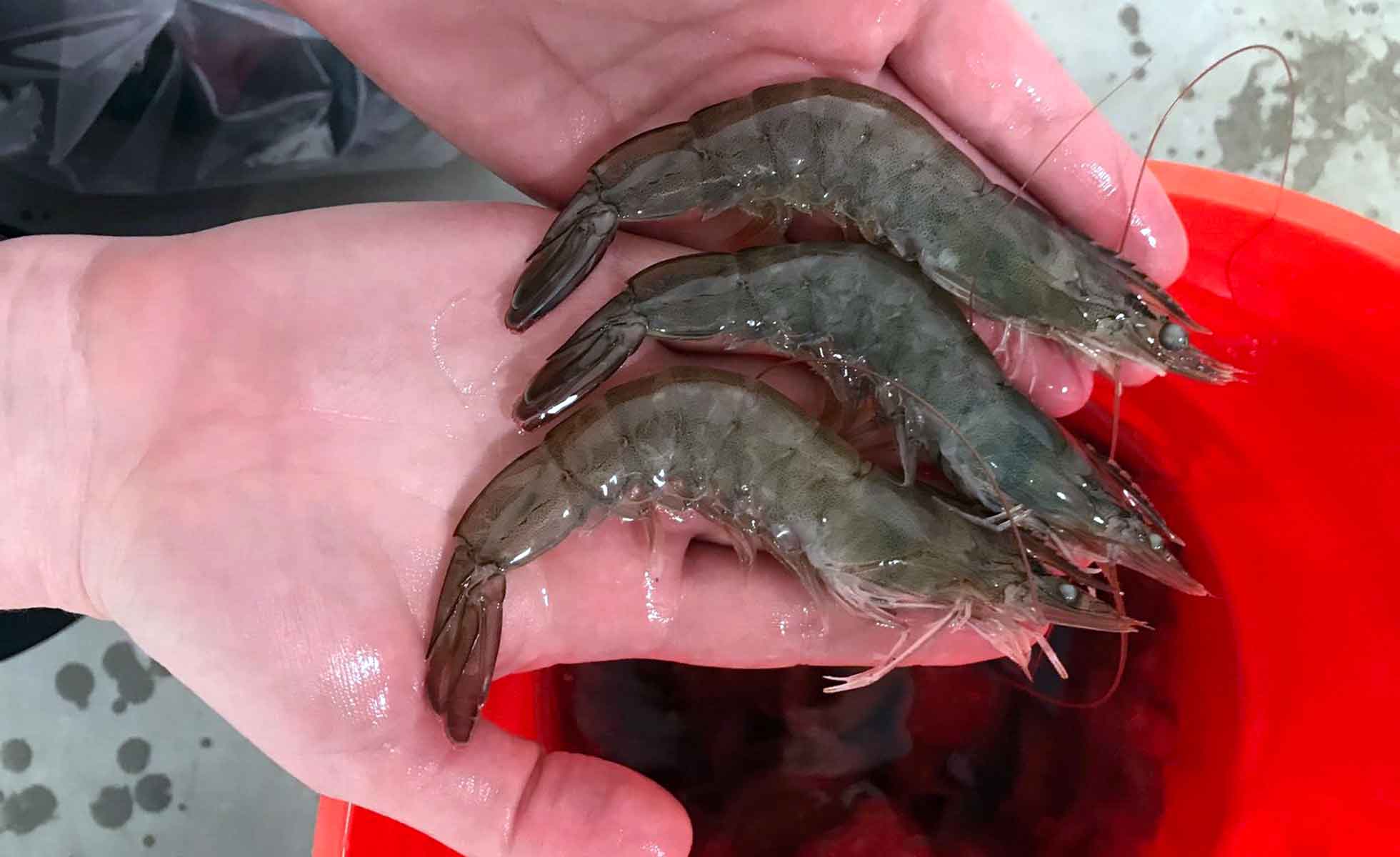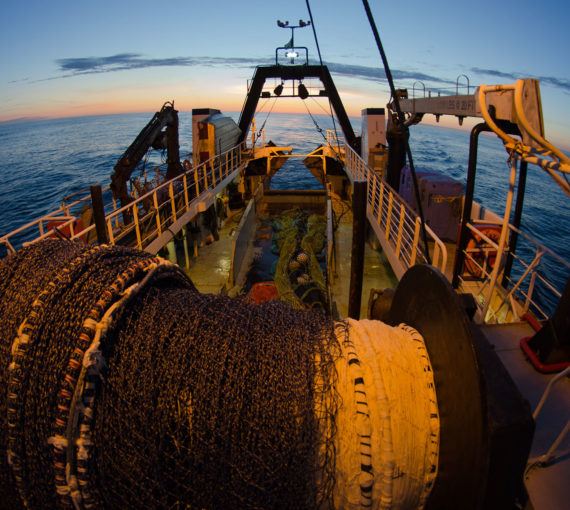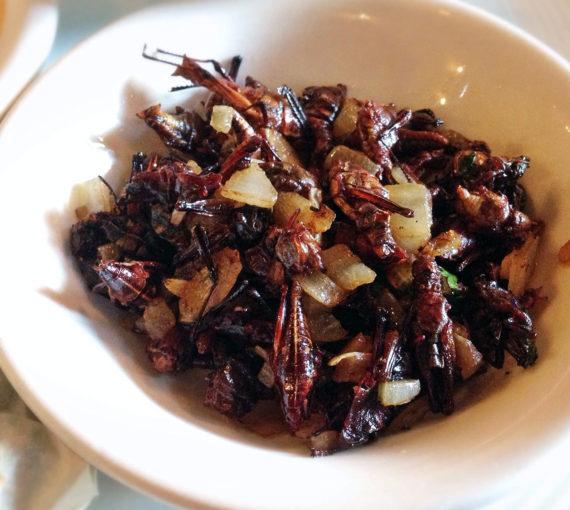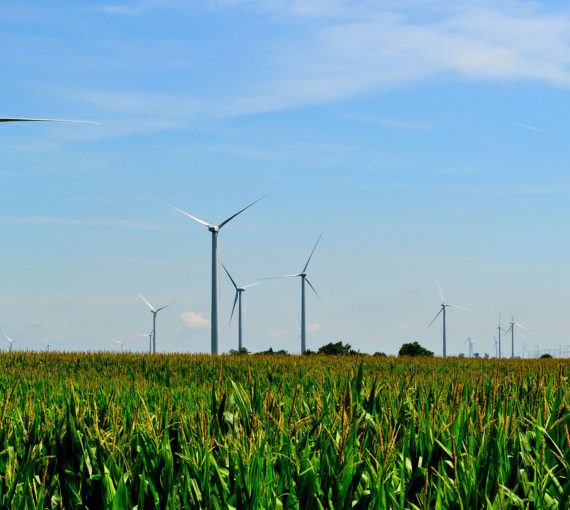
Berezan Shrimp Farm in Langley, British Columbia, is nicknamed the “shrimp spa” because of the perfect water conditions engineered for the facility. (Photo: Theresa Beer)
Admit it. You’ve probably bought — or at least eaten — unsustainable farmed shrimp that comes from ponds in Asia or Latin America, destroys ecosystems and hurts workers. You’re not alone. Unsustainable farmed tropical shrimp are one of Canada’s top three unsustainable seafood imports.
Most shrimp consumed in Canada is farmed using a system of small ponds, which are a leading cause of mangrove deforestation. These farms typically release waste and chemical effluent directly into surrounding coastal areas and groundwater. They tend to rely heavily on wild fish for feed. Imported farmed shrimp have also been linked to social sustainability issues, including slavery and other human rights abuses. As a result, the Ocean Wise Seafood Program does not recommend imported conventionally farmed shrimp and Seafood Watch ranks it as “avoid” (red).
Companies like Berezan Shrimp Farm in Langley, British Columbia, are working hard to change that. The company, whose farm is nicknamed the “shrimp spa” because of the perfect water conditions engineered for the facility, has big plans to become a world class operation in closed-containment, land-based shrimp production.
In its current pilot stage, which is expected to last about two years, Berezan produces about 100 tonnes of shrimp a year, or 1,800 to 2,300 kilograms a week. That means about 4.2 million shrimp are onsite at any time. The company’s goal is to produce up to 20,000 tonnes per year by 2024. Compare that to about 50,000 tonnes of farmed shrimp imported into Canada in 2017 and about 92,000 tonnes of open net-cage salmon produced in B.C. in 2016.
Warren Douglas is proud of the operation’s sustainability. The company provides full traceability, allowing customers to know exactly where their shrimp comes from, something more and more consumers are demanding.
Warren Douglas, who led us through the operations, is proud of the operation’s sustainability. The company provides full traceability, allowing customers to know exactly where their shrimp comes from, something more and more consumers are demanding. Berezan plans to make operations even more environmentally sound by making its own feed, starting a hatchery, improving heat recapture, producing fertilizer and lowering water consumption from its current level of 11 litres per minute.
The farm brings in baby shrimp from a certified hatchery in Florida when they are about 20 days old and smaller than the nib of a pen. More than 100 tanks are stacked vertically, replicating practices used in vertical farming. The shrimp currently take about four months to mature under computer-controlled conditions. As improvements are made, it’s hoped that will drop to two months. It’s a system of indoor aquaculture that generates far more shrimp per cubic metre of water than open pond farming or other aquaculture techniques. Twenty-five kilograms of shrimp can be grown using just one cubic metre of water.
Small pulses of tiny feed particles are sent to the tanks continuously through an automated system. Feed includes mostly vegetable-based ingredients and only small amounts of fishmeal and oils.
Shrimp are raised using recirculating aquaculture systems (referred to as RAS), a popular technique for closed-containment, land-based farming. Water exchange is limited and biofiltration is used to reduce ammonia toxicity, followed by degassing and oxygenation. RAS reduces the need for fresh, clean water through recycling and maintains a healthy growing environment for shrimp.
Douglas acknowledges that there are challenges associated with this kind of operation. The first few growing cycles required experimentation with water temperature and salination, nutrition, operation intensity and general trouble-shooting and adjustments. But the enthusiasm of the 11-member team at Berezan farm is contagious and no problem appears to be without a solution. Chefs and retailers from around Metro Vancouver are expressing interest. The large shrimp are delicious and firm as confirmed by a post-tour office cooking session.
Closed-containment shrimp farms offer a climate-friendly protein alternative to animal agriculture, which produces huge amounts of greenhouse gas emissions, consumes massive volumes of water and causes a lot of pollution. The environment benefits substantially when more people cut down on meat and other carbon-intense animal products. Feeding as many as nine billion people by 2050 will mean turning to sustainable protein innovations. The Berezan Shrimp Company is poised to be one of those innovators.


